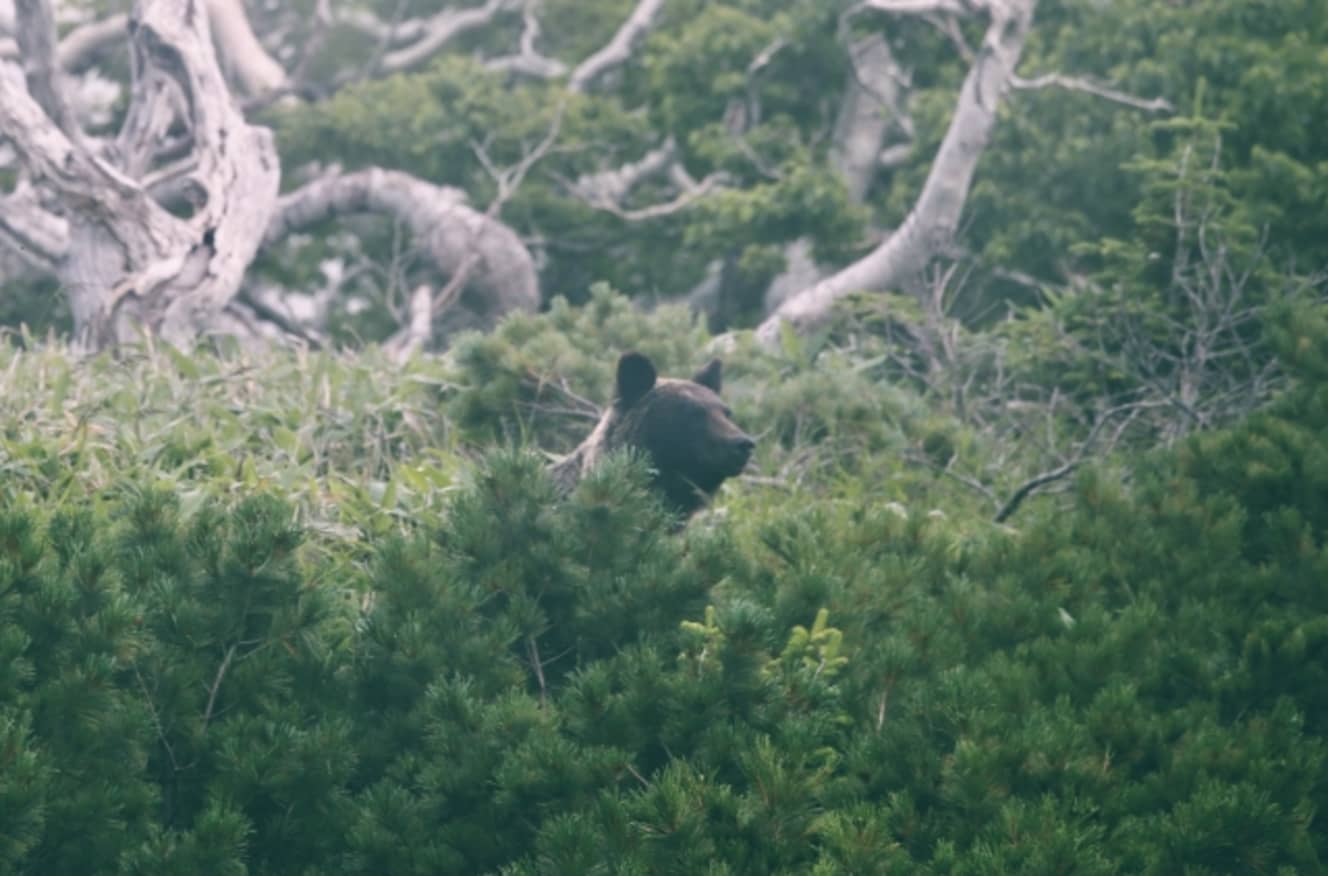A Hunter’s Dilemma: Navigating the Controversy of Bear Extermination in Hokkaido”
“If you miss the bullet, the bear will fight back. Pulling the trigger is still scary.”
He loved animals since he was a child and often went to the zoo. He wanted to study pets, so he went to a high school in Aichi Prefecture where he could learn how to keep animals.
He said, “I have always been an animal lover, and when I was in high school, I became certified as a pet caretaker. Since that time, I have had a strong resistance to the killing of animals.”

While a student at Dairy Farm University, this Nagoya city boy became aware of his ignorance.
“In my junior year, I was assigned to a biodiversity conservation laboratory, and it made me realize how little I knew about anything,” he said.” I was thinking, bears and deer come to town because there is no food in the mountains, and people should aim for symbiosis with animals, but the professor told me, ‘Go into the mountains. There is enough food. It’s not symbiosis, it’s coexistence. Do you understand the meaning of the word coexist? He gave a big kick in the teeth to a city boy with a big head.”
“When I was a high school student, I criticized the killing of animals for human reasons, including dogs, cats, wild animals, and exotic species. I had no idea why extermination was necessary. My values changed when I joined a research laboratory, visited fields around the province, and talked to people working there. I strongly felt that I wanted to get to know the field properly.”
After graduation, he chose a career path as a member of the Community Development Cooperation Volunteer Corps, which is in charge of bird and wildlife control in Mikasa City.
“After I became a member of the cooperative, I realized that what Mikasa City was looking for was someone to help them fight bears,” he says.” I felt like I had no choice but to do it, so I got advice from the staff of the Agriculture and Forestry Division and senior hunters. I think I made a lot of effort.”
So far, he has hunted and killed six bears. He has been carrying a gun for a year now, and he is surprised at the change in his feelings.
“I still don’t have any resistance to killing bears with traps,” he said. “But it is a little different from how I felt a year ago.”
“When I first began to witness the killings, I had my doubts about whether the bears caught in the traps were really the bears that used to haunt the urban areas. I want to be able to reliably shoot bears that cause damage to human society. I thought that would reduce the number of bears being needlessly killed.”
“But with so many bears, we simply had to reduce the population. I now wonder if we need to trap and kill them as well.”
He says there is less resistance to shooting bears with hunting rifles than with traps.
“The bears have been in town many times, and we do everything we can to get rid of them, including using firecrackers and honking our horns when we chase them with our cars, before finally making the decision to remove them with a hunting rifle.”
“When I pull the trigger, I am still scared. If I shoot a bullet and miss, the bear will fight back. It’s a do-or-die situation, and we have to be serious about catching them, so there is no time to feel guilty.”

“My mentor told me, ‘If you can’t pull the trigger, give up shooting bears.’ But I had several opportunities to shoot bears this spring, and I was able to pull the trigger properly, so I think I have a certain aptitude.”
“It depends on my technique, but if the bullet hits the bear, it dies in an instant, so I can let it go easily with little pain. It was terrible at first. I couldn’t hit the target, so I had to shoot many times. I had killed a few deer up until then, so I might have been getting cocky.”
“But when I saw the bear in front of me, my heart palpitated and I couldn’t stay calm. My agitation showed in my shooting, and I made the bear feel pain. I was very frustrated because I knew I wasn’t good enough yet.”